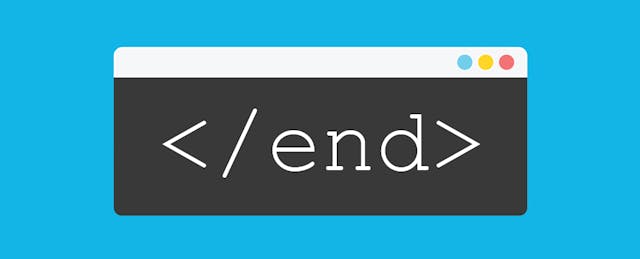Even before News Corporation announced it was negotiating with potential acquirers for Amplify, the digital education company began selling assets. In July 2015, Amplify sold its computer science MOOC, which has since been rebranded and reorganized into its own company, Edhesive. Details about the buyers and financial terms were not disclosed.
The Amplify MOOC originated at the company’s skunkworks unit, dubbed the “Lab.” According to Emily Grad, who launched the program and now serves as Edhesive’s CEO, the idea was to explore whether MOOCs could make an impact in K-12 computer science education, where available classes and qualified teachers are scarce.
In recent years, increasing access to this discipline has become a concern voiced by many technology leaders, politicians and even Hollywood celebrities, thanks in part to efforts from nonprofits like Code.org.
Amplify launched its free, two-semester MOOC, designed to prepare high school students for the AP Computer Science exam, in July 2013. Students from 53 high schools across 33 states tried it out. Additional instructional materials, reporting tools and professional development services are offered to schools for a fee.
The training services for teachers were not intended to turn them into computer science experts, says Grad, but rather designed to “help them with time management, organization skills, and strategies for working with students.” In essence, teachers were trained to be on-site coaches to support their students’ online learning experiences. Students who had specific questions with the exercises were directed to an online forum.
In 2014, the program expanded its reach to 36 states including Delaware, which reportedly paid Amplify $17,500 to make the course and supplemental resources available to interested teachers. The state’s education department advertised the course to over 900 students with high PSAT scores. Of these, 155 enrolled—and 88 completed. In total, Grad estimates 2,000 students across 36 states took the course last year, with 140 teachers going through the training.
The company promises to share results on how its users fared on the AP Computer Science A exam in September.
Despite early user traction, the MOOC “wasn’t something Amplify was in a position to grow,” Grad tells EdSurge. “ [It was] focused on the digital learning business” that concentrated on the tablets, digital curricula and assessments.
As an independent company, Grad looks forward to pursuing partnerships and business opportunities without needing to clear them with Amplify. Edhesive currently has a full-time staff of five and plans to expand its computer science offerings and create additional courses for other AP classes. For the time being, Grad assures that “the [business] model of free content and paid data and support services is not going to change.”
This computer science MOOC is just one of many Amplify’s product lines, which include professional development and games, that have been overshadowed by the company’s tablets efforts. Amplify left no stone unturned in its efforts to become a force in digital education. As its impending sale looms, it’ll be worth watching to see which pieces will remain, spin off into independent efforts, or be abandoned.


